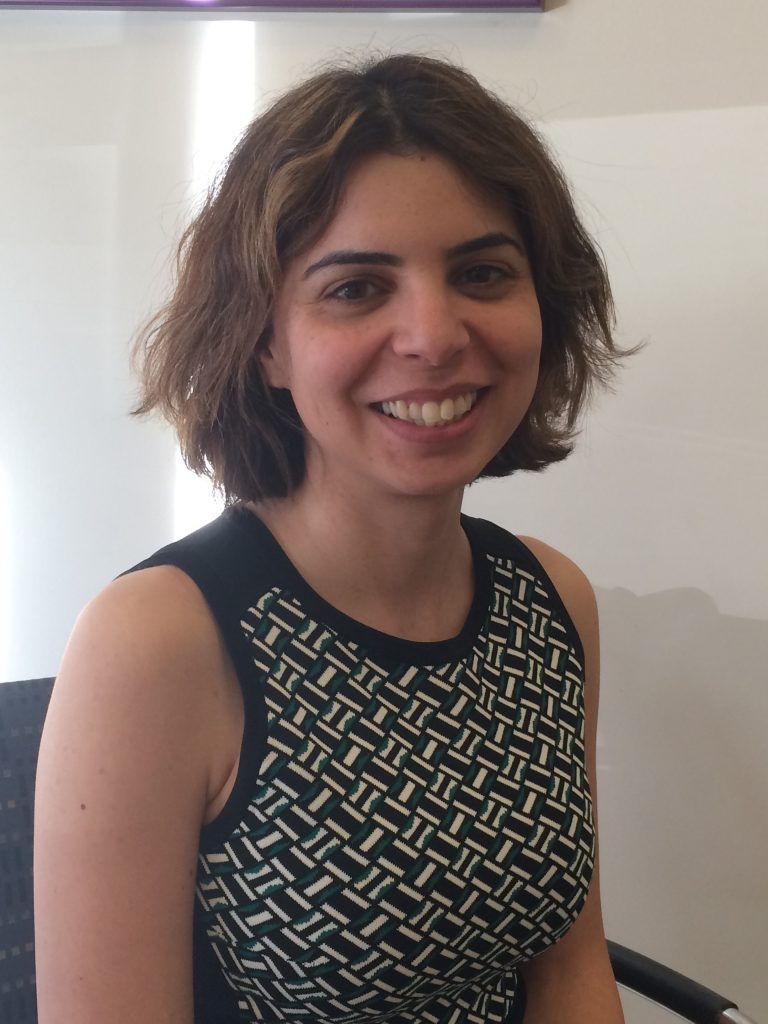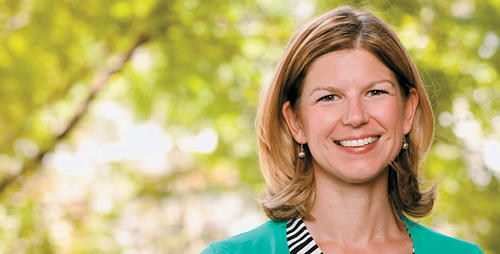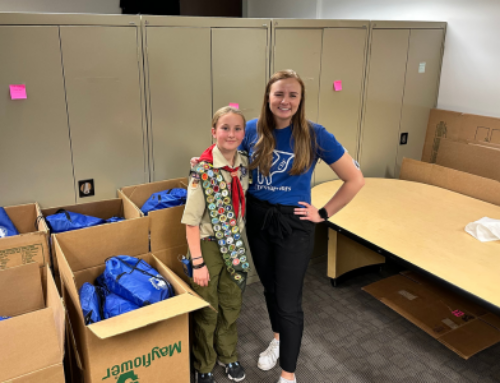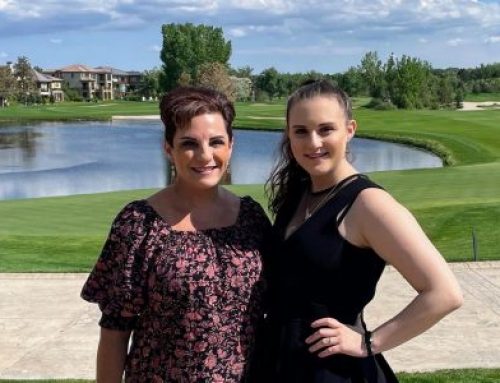By Dr. Shideh Majidi & Dr. Kimberly Driscoll
 Having a toddler or preschooler can be an amazing time—they are always exploring, curious, and active. And the rate at which they develop skills often brings daily surprises. Yet, with this comes challenges too. Temper tantrums, difficulty communicating needs and wants, and “wanting what they want when they want it” are common toddler/preschoolers behaviors.
Having a toddler or preschooler can be an amazing time—they are always exploring, curious, and active. And the rate at which they develop skills often brings daily surprises. Yet, with this comes challenges too. Temper tantrums, difficulty communicating needs and wants, and “wanting what they want when they want it” are common toddler/preschoolers behaviors.
Type 1 diabetes in this age group can also understandably be hard as there are unique challenges with a diabetes diagnosis and its management. We often hear parents and caregivers talk about the guilt they feel about their child being diagnosed with type 1 diabetes. You have 100% of the diabetes responsibility and this can lead to feelings of worry and frustration when your child’s blood sugars are so variable. Activity level and eating habits are unpredictable and may cause these worries and frustrations to increase. You may experience even more stress because your child can’t always communicate when his/her blood sugars are low, or if shots are avoided because of needle anxiety. All of this is normal and it is okay to admit that type 1 diabetes can be stressful and overwhelming. We have worked with hundreds of children with type 1 diabetes and their parents, and we know this for sure – you are not alone!
One goal for type 1 diabetes management is an A1c less than 7.5%. However, you do not need to have blood sugars in range 100% of the time to achieve this. In fact, perfection is impossible and unrealistic!

Dr. Shideh Majidi, Pediatric Endocrinologist, Barbara Davis Center
We want you to aim for at least 50-60% of blood sugars in range (80-180 until your child is 6 years old, then 70-150 starting at age 6). At the BDC, we are part of your Type 1 Diabetes Team – type 1 diabetes providers, dieticians, nurses, social workers, and psychologists – and we want to engage in a partnership with you to help manage your child’s type 1 diabetes. There are so many things we can work on together including:
- Insulin dosing if your child is a “picky” eater.
- Discussing CGMs and pumps to follow blood sugar trends and make more specific insulin dose adjustments.
- Our psychologist can assist you with behavioral challenges specific to eating like getting your child to try new foods, or helping you with worries about low blood sugars.
- Our dieticians can discuss working on your child’s eating habits
- Our social workers can give you strategies to help with insulin injections and fear of needles.
Don’t ever forget – you are not alone with type 1 diabetes. Your Barbara Davis Center Type 1 Diabetes Team is here to work with you through the unique challenges of having a toddler or preschooler with type 1. Our #1 goal is for you and your child to be as healthy, happy, and active as possible.
Dr. Shideh Majidi is a pediatric endocrinologist and Dr. Kimberly Driscoll is a pediatric psychologist. Both are located at the Barbara Davis Center.

Dr. Kimberly Driscoll, Pediatric Psychologist, Barbara Davis Center





